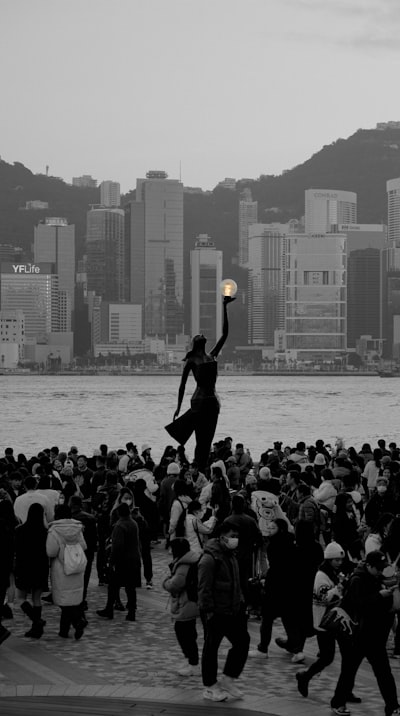Summary
The 2025 Hong Kong Honours List has recognized 427 individuals for their contributions to society, spotlighting figures from medical, business, media, sports, and public safety sectors. The city’s highest accolade, the Grand Bauhinia Medal, was awarded to John Leong Chi-yan, Charles Yeung Chun-kam, and Lawrence Fung Siu-por. Olympic gold medalist fencer Vivian Kong Man-wai was also honored, alongside two residents lauded for rescue efforts during a deadly fire, as well as justice and security officials for safeguarding national security. The awards showcase a spectrum of achievement—from personal heroism and social service to economic and political contributions.
Analysis
Hong Kong’s annual honours system serves as a mirror to the city’s evolving values and priorities. The inclusion of high-profile leaders from healthcare, business, and media points to the importance placed on institutional leadership and societal stability. For example, John Leong’s half-century career in medicine underscores the enduring need for respected expertise during times of public health challenge. Charles Yeung's recognition for promoting economic ties with mainland China is telling; it signals the city government’s ongoing emphasis on integration with the mainland, a hotly debated topic that underlies much of Hong Kong's current socio-political discourse.
The honours for frontline rescue workers and athletes like Vivian Kong represent the celebration of individual initiative and international achievement—qualities often cited as core to Hong Kong’s identity. Yet, the explicit mention of justice and national security officials among honorees reflects the administration’s prioritization of security and political stability, especially post-2019 protests and amid new national security legislation. This emphasis can be interpreted as both reassurance for some sectors of society and a point of unease for those who fear the curtailment of civil liberties.
Discussion
Why do such awards matter? Beyond mere ceremony, the selection of honorees is both an act of recognition and a ritual of value-setting. Who is seen as deserving tells the public what virtues and services the current government seeks to uplift—be they health, business acumen, cross-border cooperation, or unwavering political loyalty.
This year’s list, like many before it, walks a tightrope between lauding universally resonant deeds—self-sacrifice, heroism, sporting excellence—and endorsing contributions aligned with the government’s strategic priorities. The inclusion of national security figures, for instance, may spark debate: Are we witnessing the broadening of what constitutes ‘service’ to the city, or the narrowing of honour to fit official prerogatives?
The conferral of Hong Kong’s highest accolades to leaders who bridge the city and the mainland highlights the precarious balancing act Hong Kong faces—maintaining its global credentials and local identity while embracing deeper economic and political integration with the mainland. At the same time, celebrating athletes like Vivian Kong connects local pride with global achievement, offering an aspirational narrative that can unite an otherwise divided populace.
These awards prompt critical questions: Who is left out of recognition, and why? To what extent are such honours shaped by political intent, rather than just merit? As society and its sources of tension evolve, so too do the messages that these awards send about what it means to contribute meaningfully to Hong Kong.
Ultimately, the 2025 Honours List serves not just to highlight achievement, but to subtly—and sometimes not so subtly—signal what kinds of contributions will shape Hong Kong's future.

Comments
No comments yet. Be the first to comment!